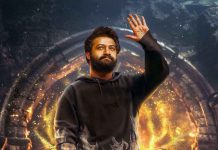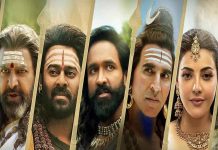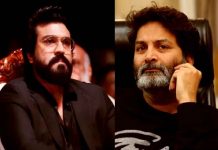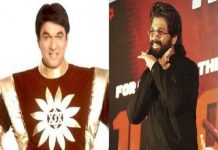The cricketer’s grandfather, Periyasamy Sinasamy, had migrated to Sri Lanka from Tamil Nadu in the 1920s to work in the plantations in central Sri Lanka. His father, Sinnasamy Muthiah, is now a successful businessman who runs biscuit manufacturing factories in Kandy. But despite Muralidaran’s ancestry, no political party from Tamil Nadu has come forward to support him in the biopic controversy because Muralidaran has, in the past, distanced himself from political parties in the state. Last year, in an interview to a newspaper, Muralidaran had said: “Tamil Nadu politicians do not understand the problems of Sri Lankans. They should allow our government to get on with governance. I support President Rajapaksa because he is the right person to lead our country.”
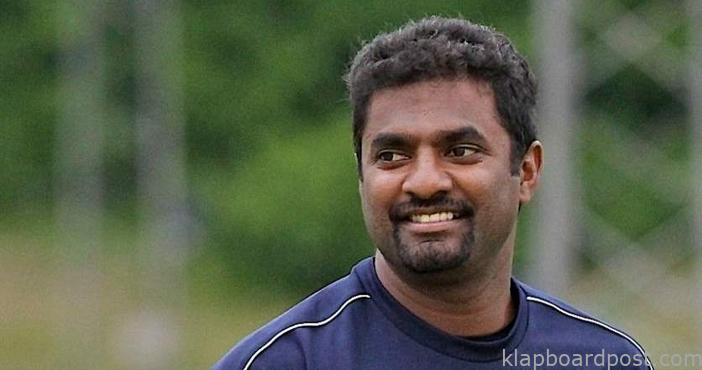 He does a lot of charity and despite that it is said that Muralidaran did not merely keep silent about the violence against the Tamil people, he helped whitewash it. And that’s what people are angry about. He was often used by the Sri Lankan government to project an image of unity internationally and on the other side, it grants Sinhala Buddhists more privileges and inflicted violence on Tamils and Muslims. Tamil’s demand for autonomy, and eventually a separate state, were violently countered by the Sri Lankan state – resulting in war.
He does a lot of charity and despite that it is said that Muralidaran did not merely keep silent about the violence against the Tamil people, he helped whitewash it. And that’s what people are angry about. He was often used by the Sri Lankan government to project an image of unity internationally and on the other side, it grants Sinhala Buddhists more privileges and inflicted violence on Tamils and Muslims. Tamil’s demand for autonomy, and eventually a separate state, were violently countered by the Sri Lankan state – resulting in war.
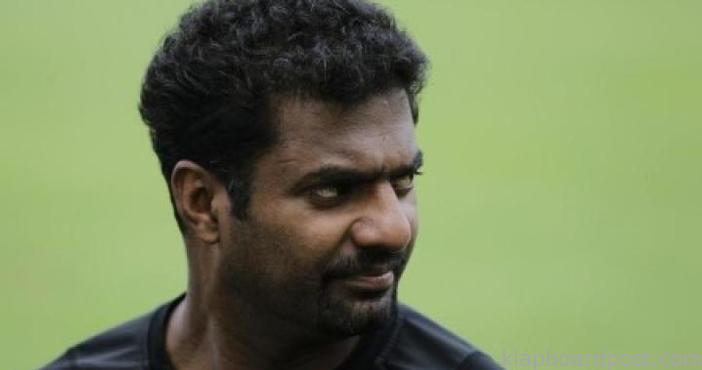 Many people strongly feel ‘800’ must not be made, there are several who feel the rise of a boy from a Tamil migrant family, who became an international cricketer in a war-torn country – is worth telling. Even though the producers of the film said that the film would focus on sport, the motion poster suggested that the civil war would be in the backdrop. It is a fact that Muralidaran’s family was persecuted by anti-Tamil mobs in the 1970s. His father was hacked in the violence but in interviews, Muralidaran has insisted that despite these events, he did not grow to resent the Sinhala people.
Many people strongly feel ‘800’ must not be made, there are several who feel the rise of a boy from a Tamil migrant family, who became an international cricketer in a war-torn country – is worth telling. Even though the producers of the film said that the film would focus on sport, the motion poster suggested that the civil war would be in the backdrop. It is a fact that Muralidaran’s family was persecuted by anti-Tamil mobs in the 1970s. His father was hacked in the violence but in interviews, Muralidaran has insisted that despite these events, he did not grow to resent the Sinhala people.

